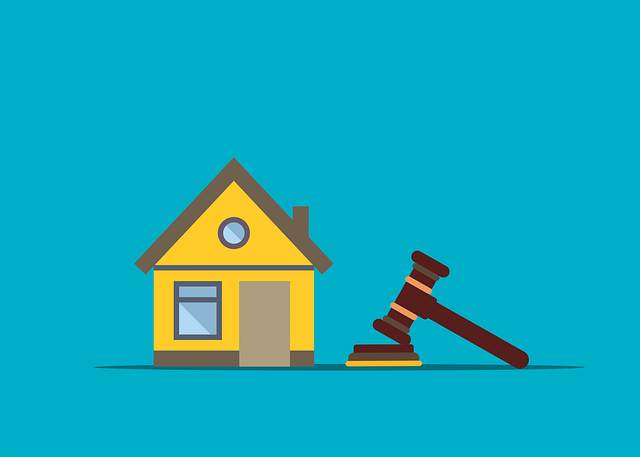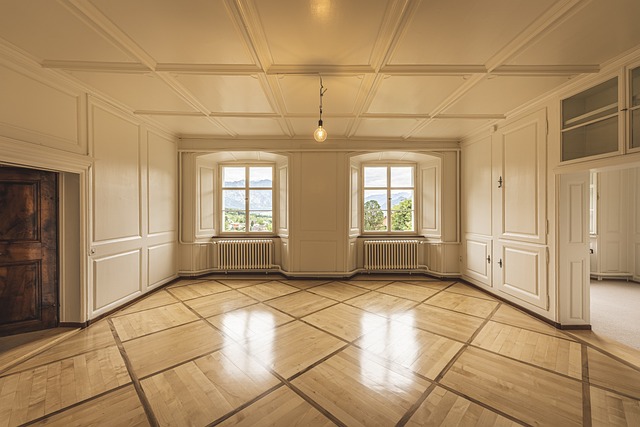In real estate, reserve pricing is a strategy that sets a minimum selling price by analyzing market dynamics, comparable sales, and unique property characteristics. This method protects asset value, ensures fairness for both sellers and buyers, enhances transparency, streamlines bidding, and attracts genuine interest in competitive markets. By setting a reserve price, real estate professionals can maintain control over property valuation while offering buyers clarity on the minimum acceptable price.
Setting a reserve price is a strategic move in real estate that can protect and maximize your property’s value. This article guides you through the intricacies of reserve pricing, offering insights into its significance in the competitive market. We explore the benefits, from attracting serious buyers to avoiding under-selling. Learn effective strategies to determine the optimal reserve price for your property, ensuring a successful sale in today’s real estate landscape.
Understanding Reserve Pricing in Real Estate

In real estate, reserve pricing is a strategic approach to setting a minimum selling price for a property. It’s about understanding market dynamics and protecting the value of your asset. By establishing a reserve price, sellers can ensure they receive a fair return on their investment while avoiding unacceptable offers that might undervalue the property.
This strategy involves thorough research into comparable sales, local market trends, and property characteristics. Real estate professionals analyze recent transactions in similar neighborhoods to gauge what a property is worth. By setting a reserve price based on this data, sellers can navigate negotiations effectively, knowing their bottom line while remaining open to offers that meet or exceed their expectations.
Benefits of Setting a Reserve Price

Setting a reserve price in real estate transactions offers several advantages for both sellers and buyers. One of the primary benefits is ensuring a fair and reasonable sale value. A reserve price acts as a safety net, protecting the seller from accepting an offer that undervaluates their property while also providing clarity to buyers about the minimum acceptable price. This approach fosters transparency in the negotiation process.
Additionally, it can help streamline the bidding process by setting a clear upper limit. Buyers understand that any offer below the reserve price will be rejected, allowing them to make informed decisions and avoid wasting time on non-competitive bids. In competitive markets, this strategy enables sellers to attract genuine offers and maintain control over their property’s valuation.
Strategies to Determine Your Optimal Reserve Price

Setting a reserve price is a strategic move in real estate to ensure fair market value and protect your investment. The optimal reserve price should be carefully considered, taking into account various factors specific to the property. One effective strategy is to analyze recent sales data for similar properties in the area. This includes examining comparable properties’ selling prices, condition, features, and location. By understanding the current market trends and demand for properties like yours, you can set a realistic reserve price that aligns with its true value.
Another approach involves assessing potential repair or renovation costs. If there are opportunities to improve the property’s value through upgrades, factor in these expenses. Additionally, consider any unique attributes or advantages your property offers, such as a prime location, stunning views, or specialized features. These factors can justify a higher reserve price, especially if they enhance the property’s appeal and desirability in the real estate market.






